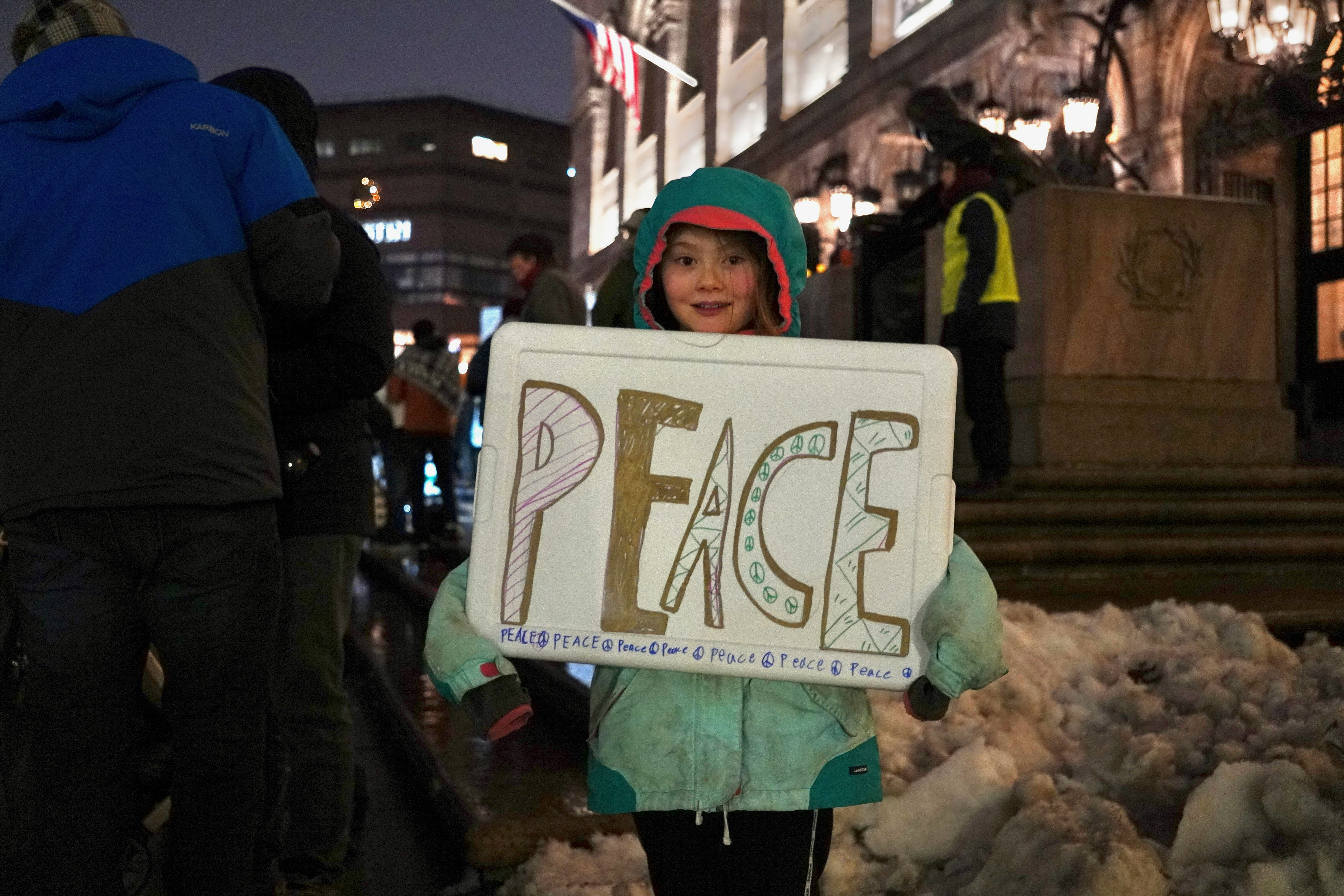Jake Sullivans Diplomatic Mission To Israel For Ceasefire Talks

Jake Sullivan, America’s national security adviser, has embarked on a crucial diplomatic mission to Israel, aimed at pushing for a ceasefire agreement amidst escalating violence between Israel and Gaza. Sullivan's visit is part of a broader effort by the Biden administration to de-escalate tensions in the region, with a particular focus on preventing further attacks on Gaza’s southern city of Rafah.
Background
The Israel-Gaza conflict has a long and complex history, characterized by recurring cycles of violence and fragile ceasefires. Recent escalations have led to significant casualties and humanitarian crises, drawing international concern and calls for intervention. The Biden administration has been actively seeking to mediate the conflict, advocating for restraint and promoting dialogue between the parties involved. Despite previous efforts, the violence has persisted, necessitating renewed diplomatic engagement.
Objectives of Jake Sullivan’s Visit
Sullivan's primary objective is to push for a comprehensive ceasefire agreement. Central to this mission is his focus on preventing a full-scale attack on Rafah, a city in southern Gaza that holds strategic and humanitarian significance. The Biden administration is particularly concerned about the potential for increased civilian casualties and further humanitarian suffering in Rafah, which serves as a vital gateway for goods and people between Gaza and Egypt.
Key Meetings and Discussions
During his visit, Sullivan is scheduled to engage with key Israeli leaders, including Prime Minister Binyamin Netanyahu. These discussions will center on the terms of a potential ceasefire, ensuring humanitarian access to affected areas, and laying the groundwork for future peace negotiations. Sullivan’s diplomatic strategy involves emphasizing the humanitarian costs of continued conflict and the long-term benefits of a stable and peaceful resolution.
The U.S. Stance and Expectations
The Biden administration has made its stance clear: achieving a ceasefire is essential to halting the humanitarian crisis and creating a conducive environment for long-term peace negotiations. The U.S. expects that Sullivan's visit will lead to concrete steps towards de-escalation, including commitments from Israeli leaders to avoid further military operations in densely populated areas like Rafah. The administration also anticipates increased international cooperation to support these efforts.
Challenges and Obstacles
Sullivan faces several challenges in his mission. There may be resistance from Israeli political and military leaders who are committed to their current strategies. Additionally, internal political dynamics within Israel, such as the pressure on Netanyahu from his political rival Benny Gantz, add another layer of complexity. Gantz has threatened to withdraw from Netanyahu’s war cabinet if a comprehensive post-war plan for Gaza is not presented soon, indicating significant domestic political tensions.
Broader geopolitical factors also influence the conflict, including the roles of other regional actors and the international community’s response. Navigating these challenges will be critical for Sullivan’s diplomatic efforts.
Implications for Israel and Gaza
A successful ceasefire agreement would have immediate implications, potentially reducing violence and allowing for humanitarian aid to reach those in need. In the long term, it could pave the way for more comprehensive peace negotiations, aiming to address the underlying issues of the conflict. For Gaza’s civilian population, a ceasefire would mean a respite from the ongoing violence and a chance to rebuild.
Conclusion
Jake Sullivan’s mission to Israel underscores the critical role of diplomacy in resolving the Israel-Gaza conflict. His efforts highlight the importance of restraint, dialogue, and humanitarian considerations in achieving a ceasefire and working towards lasting peace. As the situation continues to evolve, Sullivan’s visit represents a significant step in the Biden administration’s commitment to stabilizing the region and fostering conditions for a peaceful resolution.
Author: Ricardo Goulart
The Self-Destructive Nature Of Anti-Tourism Protests: Balancing Resident Concerns With Tourism Benefits
In recent years, anti-tourism protests have become increasingly common across popular tourist destinations. From the Bal... Read more
Military And Strategic Implications Of The Ukrainian Drone Attack In Kursk
On a recent morning, the Kursk region in south-western Russia witnessed an unexpected and significant event: a Ukrainian... Read more
Chinese Tech Stocks Gain Ground Despite Wall Street Technology Sell-Off
Chinese tech shares in Hong Kong gained on Friday, defying a technology stock sell-off on Wall Street, driven by strong ... Read more
Defense Pact Between Britain And Germany: A Focus On Cybersecurity And Joint Operations
In a move set to redefine European defense collaboration, Britain and Germany have signed a comprehensive defense pact a... Read more
US Secret Service Director Steps Down After Trump Assassination Attempt
Security lapses admitted by Kimberly Cheatle prompt resignation.Kimberly Cheatle, the head of the US Secret Service, has... Read more
Kamala Harris Promises A Brighter Future In Official Campaign Launch
In a vibrant and impassioned campaign launch, Vice President Kamala Harris vowed to lead America toward a "brighter futu... Read more

